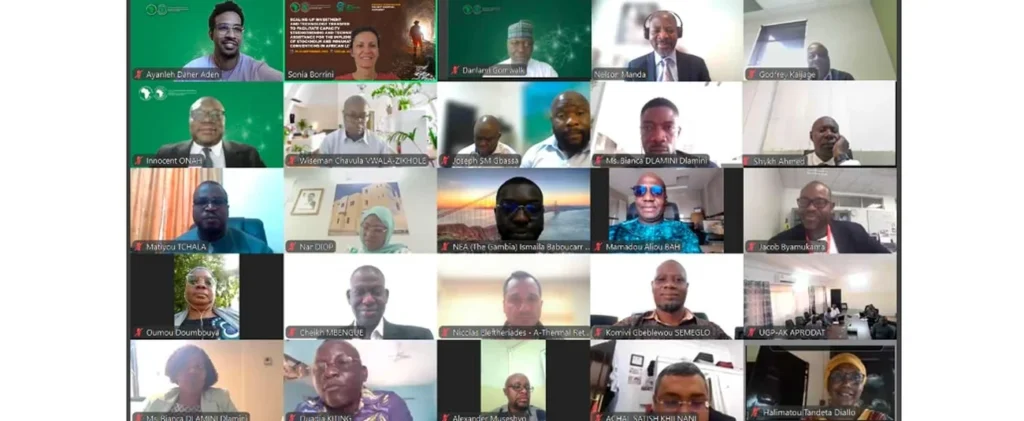AfDB Advances Regional Efforts to Eliminate Toxic Pollutants in Africa’s Least Developed Countries
The African Development Bank (AfDB) has concluded a two-day virtual workshop aimed at accelerating the elimination of toxic pollutants and hazardous waste across Africa’s Least Developed Countries (LDCs). The initiative, backed by the Global Environment Facility (GEF), seeks to strengthen environmental governance and promote safer, circular economy practices.
The workshop, held from 29–30 September, launched the implementation phase of the AFLDC-2 project, which was approved by the Bank’s Board of Directors in December 2024. The programme focuses on building national and regional capacity to eliminate, reduce, and control sources of persistent organic pollutants (POPs) and mercury in 11 participating countries — Angola, Ethiopia, Gambia, Guinea, Liberia, Mauritania, Senegal, Sierra Leone, Togo, Uganda, and Zambia.
Participants included government representatives, environmental experts, civil society actors, and private sector stakeholders, reflecting a shared commitment to tackling one of Africa’s most pressing environmental challenges.
In his opening remarks, Solomon Koné, Director of the African Natural Resources Management and Investment Centre at the Bank, said the initiative supports the institution’s wider development priorities.
“The project aligns with the Bank Group’s broader goals, including mobilising investments, formalising the informal sector, enhancing climate resilience, and strengthening natural resource management,” Koné said. “Most importantly, it will provide valuable lessons on how to systematically protect Africa’s natural resources from chemical and waste pollution.”
Building on the success of an earlier phase, AFLDC-2 forms part of Africa’s contribution to implementing the Basel, Stockholm, and Minamata Conventions, which address the management and elimination of hazardous chemicals and waste.
Gareth Phillips, Division Manager for Environment and Climate at the Bank, highlighted the urgent need for the initiative:
“Owing to limited regulatory frameworks, inadequate waste management infrastructure, and weak enforcement, African LDCs struggle with the accumulation of hazardous chemicals — from pesticides to polychlorinated biphenyls and pollutants from open waste burning,” he said.
The workshop concluded with an agreement on key next steps, including disbursement procedures, the establishment of national and regional steering committees, and preparations for an in-person project launch in the coming months.
The African Development Bank reaffirmed its commitment to supporting African nations in their transition towards sustainable waste management and pollution control systems, ensuring that environmental protection becomes central to the continent’s development agenda.



